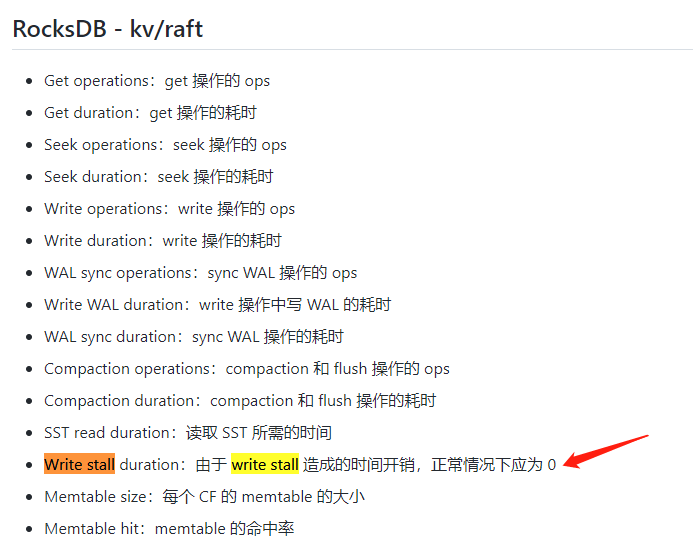Note:
This topic has been translated from a Chinese forum by GPT and might contain errors.Original topic: 如何查看哪些SQL触发了rocksdb写入流控
【TiDB Usage Environment】Production\Testing Environment\POC
【TiDB Version】
【Encountered Issues】
【Reproduction Path】What operations were performed to encounter the issue
【Issue Phenomenon and Impact】
【Attachments】
- Relevant logs, configuration files, Grafana monitoring (https://metricstool.pingcap.com/)
- TiUP Cluster Display information
- TiUP Cluster Edit config information
- TiDB-Overview monitoring
- Corresponding module’s Grafana monitoring (if any, such as BR, TiDB-binlog, TiCDC, etc.)
- Corresponding module logs (including logs from 1 hour before and after the issue)
If the question is related to performance optimization or troubleshooting, please download and run the script. Please select all and copy-paste the terminal output results for upload.
